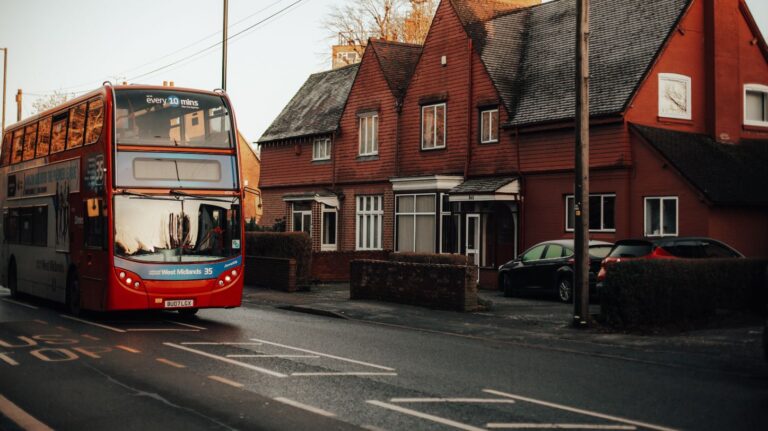Bus services across the West Midlands will operate at near current levels until the end of 2024, following an agreement between Transport for West Midlands (TfWM) and operators such as National Express and Diamond Bus.
Announced by West Midlands Combined Authority (WMCA), the deal forestalls the immediate threat of removing or reducing around one-third of the region’s bus services, after the UK government retracted its Covid-19 support funding in June.
Under the agreement, WMCA has re-allocated part of the region’s £88m Bus Service Improvement Plan (BSIP) grant to keep services running while a long-term sustainable funding solution is found.
Approximately £40m of this grant, originally intended for initiatives promoting increased bus usage, will now support bus operators in maintaining current service levels.
Operators have faced increasing cost pressures due to fuel cost increases, maintenance and staff costs over the last two years.
READ MORE: BCP Council announces campaign to promote free bus travel
In July, fares were increased to reduce the cost pressures on bus companies and keep more services running. The price of a day ticket rose from £4 to £4.50.
The West Midlands has managed to retain the vast majority of its bus routes despite a dramatic drop in usage during and since the Covid-19. The current network is at around 90% of pre-covid levels.
Andy Street, mayor of the West Midlands, said: “By stepping in and arranging this funding package to maintain bus service provision, we’ve successfully secured much needed certainty for the network all the way through to the end of next year.
“Investment in new cleaner zero-emission buses continues at pace, local people are already benefitting from bus priority measures – including the new Sprint routes – and bus fares in our region remain amongst the lowest anywhere in the country.”
READ MORE: £2 bus fare cap extended again
TfWM already spends £16m annually subsidising buses, which are deemed socially necessary but not able to operate on a commercial basis.
What’s more, using BSIP funding, the region has implemented a so-called ‘bonfire of bus tickets’ by securing a uniform fare structure across all private operators, meaning passengers no longer pay extra to use services run by multiple companies.
Alex Jensen, CEO of National Express UK & Germany, said: “We welcome the support from Transport for West Midlands, which will ensure we can maintain the bus network at the current level until the end of 2024.
“Meanwhile, we are continuing our investment in electric and zero-emission buses, which are both good for the environment and will help keep costs low.
“We will also work closely with our partners to seek a long-term solution to the issues facing the bus industry at the present time.”
Further investment is going into the region’s bus infrastructure, including the ongoing development of Sprint routes in Birmingham, where bus lanes and junction upgrades have reportedly already improved journey times and reliability.
Innovations and achievements in public transport will be highlighted and celebrated at the second annual CiTTi Awards on 21 November 2023 at the De Vere Grand Connaught Rooms in London. Visit www.cittiawards.co.uk to learn more about this unmissable event for the UK’s transportation sector – and to book your table today!





